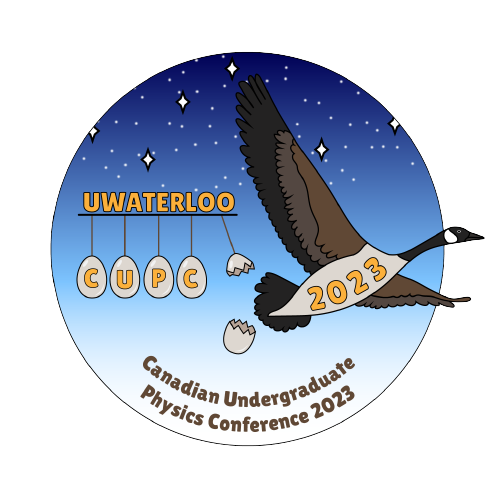Applying for graduate studies can be a daunting endeavour. Deciding on what schools, programs, and supervisors to apply to, and even deciding if grad school is right for you in the first place can all be overwhelming. Dr. Gallo will draw from his experiences as a Graduate Program Coordinator, a Research Advisor, and a former graduate student to shed light on the process and help you make the most informed decisions. He will discuss a few of the important general issues students might encounter when applying to grad school.
Join our workshop host, Dr. Luigi Gallo, in his session on how to apply to grad school on Sunday, November 7th from 6:15 – 7:00 pm!
Meet the Host!
 Dr. Luigi Gallo (he/him)
Dr. Luigi Gallo (he/him)
Professor, Undergraduate & Graduate Program Coordinator, Saint Mary’s University
Luigi Gallo has been a professor of astronomy and physics at Saint Mary’s University (SMU) since 2007. He received his BSc from the University of Calgary and a PhD from the University of Munich (LMU) based on research conducted at the Max-Planck-Institute for Extraterrestrial Physics (MPE) in Germany. He was the Canadian lead on the Canadian Space Agency (CSA) contribution to the international JAXA-led Hitomi (Astro-H) X-ray mission, which launched in 2016. He is now involved on the JAXA/NASA led XRISM X-ray mission that will launch in 2023. Most of the research that he carries out with his students at SMU and international collaborators focusses on the high-energy emission coming from black holes.
Dr. Gallo’s research focuses on the high-energy emission coming from the environment around black holes. Understanding how matter falls onto black holes reveals a great deal about the conditions and geometry around it and can even disclose properties of the black hole itself (e.g. mass and spin). X-ray emission is produced in the hottest and most volatile regions nearest black holes. In addition, Dr Gallo works on the development of future international X-ray missions. Current projects include XRISM (JAXA/NASA), Arcus (NASA), and Athena (ESA).
You can learn more about Dr. Gallo at this website.
Photo Credit: Ryan Taplin
